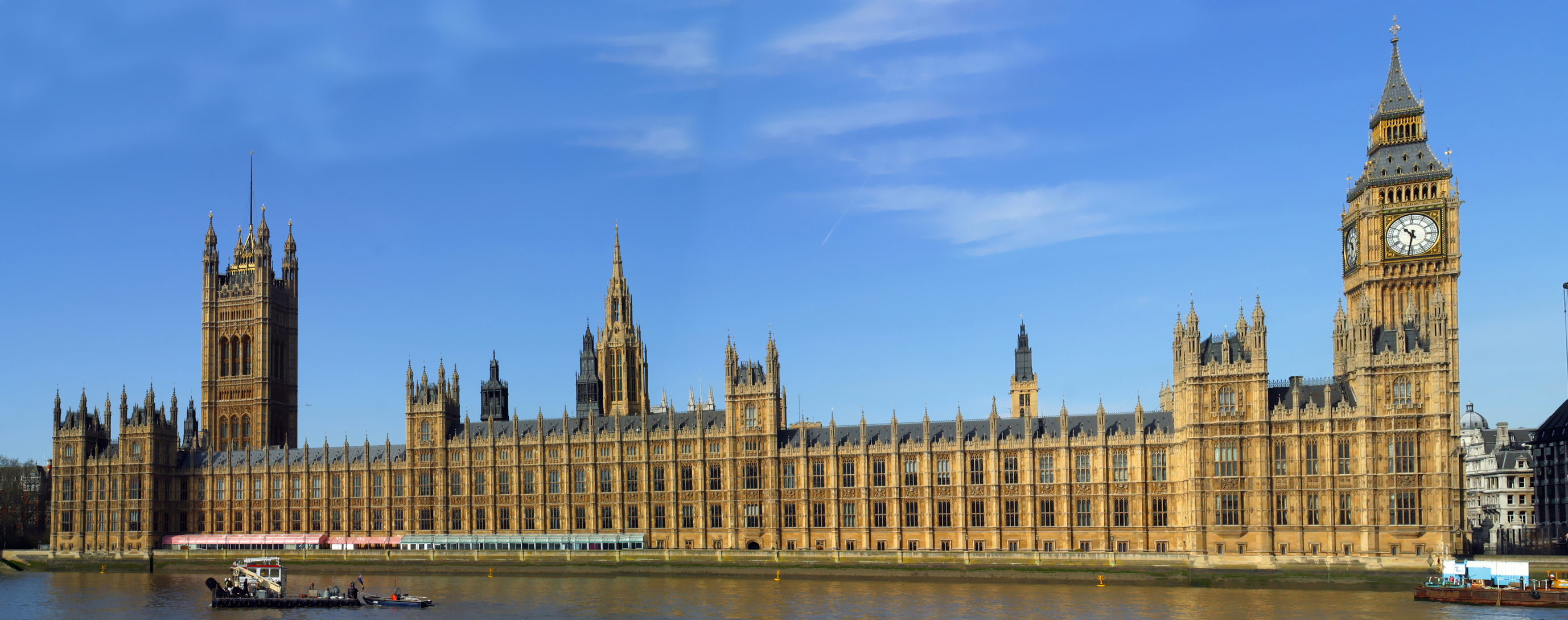Dignity in work call
The statement today (December 21) by Andrea Leadsom regarding the working group into bullying and harassment in parliament, has made some helpful recommendations but much more progress will be needed to address the problems experienced by staff, Unite has warned.
The statement reveals limited progress by the working group, with the recommendations including the temporary establishment of qualified sexual harassment support and guidance services; the establishment of a helpline for staff to seek support if they are experiencing bullying or harassment; the creation of a cross parliamentary human resources function accessible to staff; and new training for MPs and staff, which will be used to prevent bullying and harassment
However Unite which represents hundreds of MPs’ staff employed in both parliament and constituency offices believes that the reforms while a limited step forward are nowhere near sufficient in terms of establishing a dignity at work strategy and end the culture of bullying and sexual harassment which has been found to be rife.
Unite’s key concern is that the working group should recommend that the cross parliament human resources function would recognise and work with the union to address the deep problems with the bullying culture in parliament.
Formal union recognition would give Unite’s lay activists legal protections to work on behalf of and represent members in complaints procedures; secure participation in negotiations concerning bullying and harassment and guarantee both facility time and a space in order to speak to members with appropriate confidentiality.
Unite believes that dignity at work will not be achieved unless long-term solutions are considered. In particular, Unite has recommended that Acas or another expert body are recruited to review the entire staff employment structure.
Unite is entirely opposed to the establishment of a special bicameral select committee to progress this work in the new year. This is an industrial issue and select committees primarily entrench MPs and Peers in the decision-making process. Staff members are already entirely out-numbered on the working group, which has limited its progress. A special select committee would entirely alienate the staff from the process.
“There needs to be a long term dignity at work strategy in place with staff involvement at the heart of the strategy,” said Unite national officer Siobhan Endean. “Unless staff have a collective voice, and have the confidence that they will be listened to, the bullying culture will prevail.
“Until there is formal union recognition then Unite activists continue to have at least one arm tied behind their backs as they try to tackle the sexual harassment and bullying faced by members on an all too regular basis.
“Parliamentary staff operate in small offices where there are unequal and unhealthy power relationship between them and MPs. Unless there are entirely robust informal and formal mechanisms in place, with members able to access union support, problems of bullying and harassment will continue.
“Unite warned when the working group was created that unless staff were involved in the working group and their views were taken seriously it would be unable to resolve the problems of staff. This is still the case. A special select committee made up of solely MPs to further progress these matters would be entirely unacceptable.”
 Like
Like Follow
Follow


